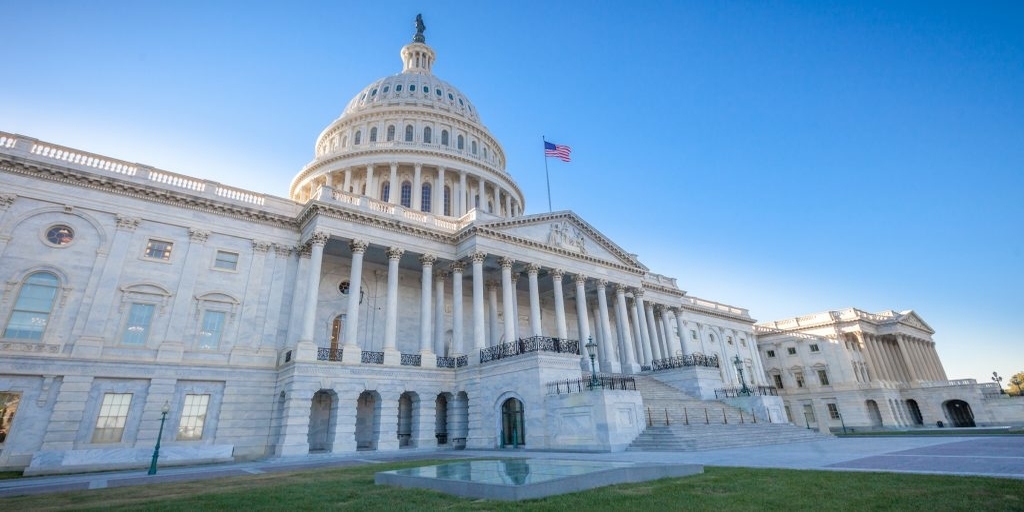Published Jan. 14, 2020
Written by Alexis Denny, Director of Government Affairs
PART TWO OF FOUR

The effort to address the kidney health crisis in the U.S. started in July when President Trump issued the Advancing American Kidney Health Executive Order (EO). PKD Foundation staff and patient advocates including CEO Andy Betts and myself were there to see this order signed by the President — you can read about our experience in my blog post.
Last week you read an update and primer on the newest rules put forth by the Trump Administration. This week, we will focus on one of those rules:
A Health Resources and Services Administration (HRSA) proposal to remove financial barriers to organ donation, specifically through adjustments to how the National Living Donor Assistance Center (NLDAC) administers reimbursements to living donors.
Unpacking the rule
Currently, if an individual decides to be a living donor, they will have their donation-related medical expenses covered by the recipient’s insurance. This covers the cost of pre-donation testing to determine if the donor is a match for the recipient, the cost of pre-surgical tests, the surgery itself, as well as post-surgery related costs. While this is sufficient for many of the amazing people who donate a kidney –— about 6,000 individuals do just this each year — it is not nearly enough to make up the gap in kidney availability for everyone who needs one. More than 100,000 people are currently on the waiting list.
Expenses not covered include lost wages, child and elder care, and other related expenses. These expenses must be paid for by the donor and continue to be a significant barrier to donation for many individuals.
Addressing financial barriers
The new proposed rule, announced in December 2019, attempts to address some of the financial barriers by changing policy to allow for reimbursement of lost wages and child/elder care. This new rule, combined with the already existing allowance for reimbursement of travel expenses to donation-related appointments, is critical to making it attainable and affordable for living donors to give the gift of life through organ donation.
Power of advocacy
All reimbursements are administered through The National Living Donor Assistance Center (NLDAC), an organization funded by HRSA. Unfortunately, changing the rule is not necessarily enough to functionally put it into action as it does not appropriate the additional funds needed to implement the new rule.
Because of this, advocacy was necessary to ensure that the rule change would be accompanied with an increase in funding to support the new reimbursements that would now be allowed. Due to many conversations with Congress by the entire kidney advocacy community, we were overjoyed to hear that the FY20 federal budget included a $1 million increase for the NLDAC, bringing its total funding to $4.5 million for the fiscal year. This will allow the NLDAC to provide more assistance and expand the allowable reimbursable items to ensure living donors are made financially whole after donating.
Stay tuned for the rest of January. Each week we will have a new blog unpacking the details of each of these new rules, as well as an update on other ongoing policy and advocacy efforts to address issues important to PKD and the larger CKD community.
Next week, we will discuss the other new rule addressing oversight and regulation of Organ Procurement Organizations, or OPOs.
If you have questions, don’t hesitate to reach out via the comments section below or email us at pkdadvocacy@pkdcure.org.









0 Comments